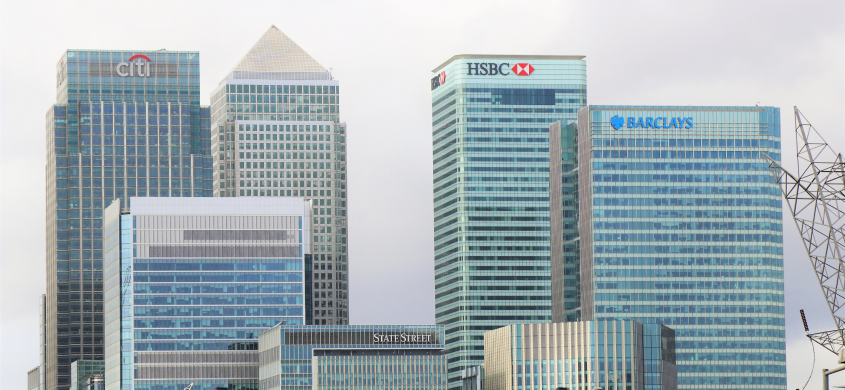Morning Toast 4th May
Shaky shaky banks | Final rate hike?

Highlights
The relative calm after JPMorgan scooped up First Republic Bank lasted just one whole day. Two other West Coast lenders, PacWest and Western Alliance, both saw their share prices tumble in a sign investors still see weakness among regional banks.
The questions now are how deep are these issues and is the U.S. regulator willing to step in and stop the spread of the regional bank rot and protect the customers if needed. Or do they want to?
One thing is for sure the current environment of high inflation and rising rates is starting to hurt the U.S. economy.
With that and inflation still bubbling on the hot plate, Chair Jerome Powell is expected to announce the central bank’s 10th straight interest rate hike. But many economists expect this rate increase could be the grand finale. In fact, Traders are placing a nearly 90% chance on this being the final hike in the most aggressive tightening campaign in decades. After that, markets expect the Fed to pause and hold, and Powell’s words following the decision will be under the microscope for clues about future policy.
In other news, the countdown is on for a US-debt default that could happen as soon as June 1. If that transpired, a whole cascade of bad things would befall the economy.
Politicians have less than a month to break the gridlock, agree to raise the debt ceiling and save the U.S. from an utterly avoidable downturn
Stock Spotlight
Chegg, described as providing product ad services to learners and academics - but really it's the one-stop-shop site for all things schoolwork - has taken a hit to its revenues and is blaming ChatGPT.
After CEO Dan Rosensweig mentioned on an earnings call Monday that the chatbot is making it harder to recruit new subscribers, Chegg’s stock plunged nearly 50%. The CEO said that “Since March, we saw a significant spike in student interest in ChatGPT. We now believe it’s having an impact on our new customer growth rate”.
The AI anxiety spread to other education companies, with shares in publisher Pearson and language-learning app Duolingo dropped about 15% and 10%, respectively.
In an ironic twist, Chegg is going to combat the AI pressure but using, yes you guessed it, ChatGPT.
Chegg has partnered with ChatGPT-creator OpenAI to develop its own conversational AI tool Cheggmate, which it’ll start testing this month.
Meanwhile, Duolingo released a subscription tier that lets users practice their language skills with an AI bot and has an AI-powered tool to explain mistakes.
Chegg’s warning about ChatGPT stands in stark contrast to the companies mentioning AI to excite investors: On their earnings calls last week, Meta, Alphabet, Microsoft, and Amazon collectively dropped “AI” 168 times, according to Insider.
Sustainability News
Last week, shareholders of four large U.S. financial institutions — Bank of America, Citi, Goldman Sachs and Wells Fargo — voted on shareholder resolutions aimed at pushing the banks to transition away from financing activities that contribute to the climate crisis.
Similar proposals are upcoming at the annual meetings of JPMorgan Chase & Co., Morgan Stanley and other large banks worldwide. And while resolutions considered last week failed to gain a majority vote, they underscored that the finance sector is increasingly under pressure — from shareholders, regulators, customers and the public — to account for their contributions to the climate crisis and how they are mitigating them. At issue is something called “financed emissions,” greenhouse gases coming not from the banks’ operations but from the companies or projects in which a financial institution invests or lends money.
Douugh, did you know?
Protecting against capital loss can have the most significant impact on your long-term investment returns.
Capital loss is the dollar value lost when an investment goes down or when selling an asset for a lower price than what it was purchased for.
A concern that most investors share is capital loss, which is the possibility that you could lose all your money and work twice as hard to make it back.
Example:
If you have $100 and lose 50%, you are left with $50. To get back to $100, your $50 has to grow by 100%, not by 50%, as most people think.
If your portfolio value declines, consider the options that experienced investors use. Dollar Cost Average (i.e. stick to the plan and keep investing more at the lower price to get more shares; Average Down (i.e. Start to sell your positions but at various prices rather than suffering the loss all in one go - hopefully softening the amount you lost as the process starts to increase again; realise a Capital Loss which may be used to offset other gains. Check out more at the Douugh Academy.
Stay informed with the Morning Toast
Save time with curated and delivered financial news and insights.